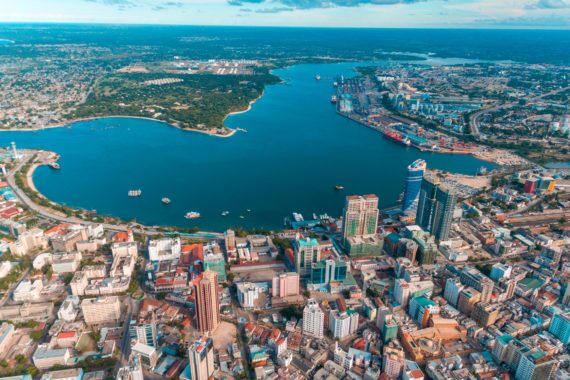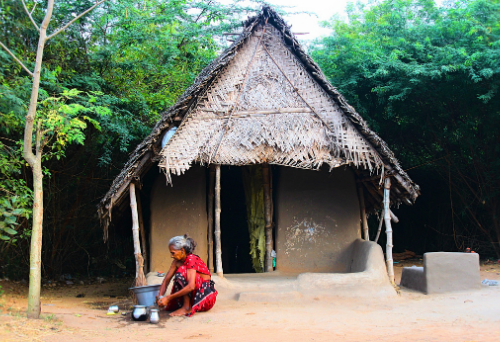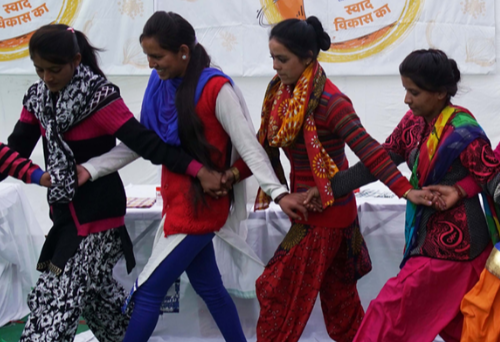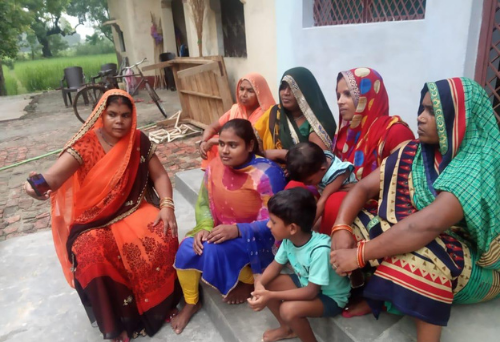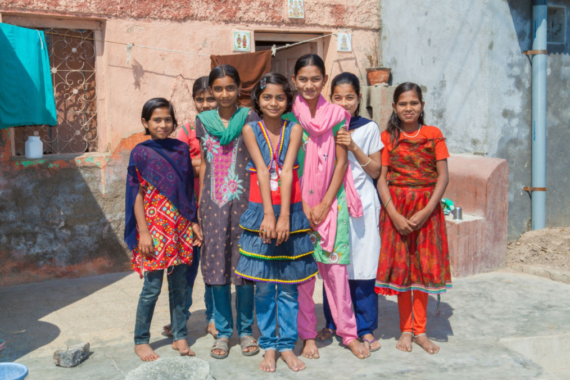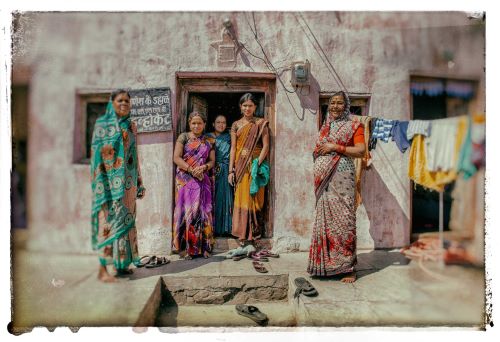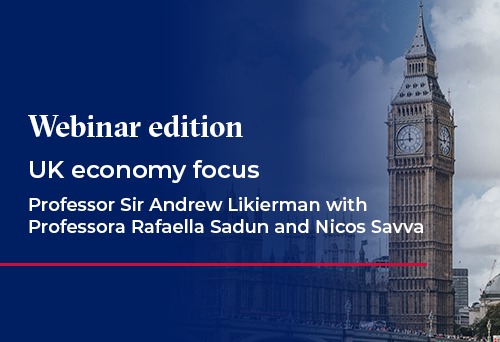Economics of property development, urban planning and public finance in sub-Saharan Africa
Tanner Regan has recently joined the Wheeler Institute as a Research Fellow and spoke to us about his work and the challenges and opportunities he sees for development in the region.

